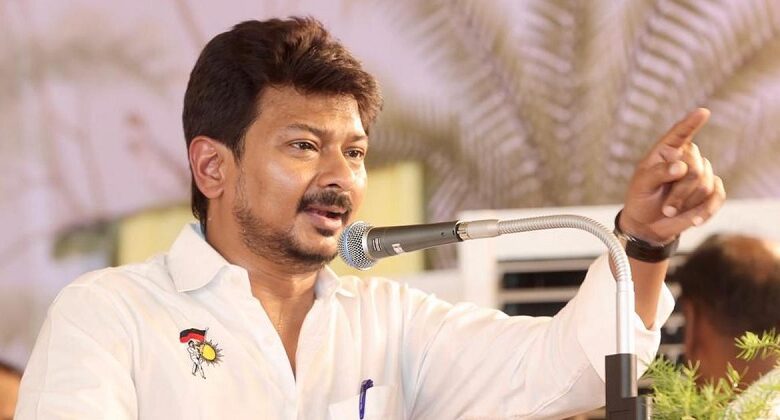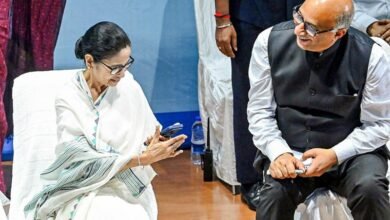Tamil Nadu Minister Udhayanidhi Stalin Granted Bail Over ‘Eradicate Sanatana Dharma’ Remark

News Mania Desk/ Agnibeena Ghosh/25th June 2024
In a significant development, a Bengaluru court has granted bail to Tamil Nadu Sports Minister and DMK leader Udhayanidhi Stalin. The bail pertains to a case filed in connection with his controversial statement on “eradicating Sanatana Dharma.”
On Tuesday, Udhayanidhi appeared before the 42nd Additional Chief Metropolitan Magistrate court following a notice issued based on a petition by social activist Paramesh. The court granted him bail on the condition of providing a surety of Rs one lakh. The next hearing is scheduled for August 8.
The controversy stems from Udhayanidhi’s remarks at a meeting of the Tamil Nadu Progressive Writers and Artists Association in Chennai last September. During his speech, he compared Sanatana Dharma to diseases like coronavirus, malaria, and dengue, suggesting that it should be eradicated rather than opposed. He stated, “Few things cannot be opposed, that should be abolished only. We can’t oppose Dengue, Mosquitoes, Malaria, or Corona, we have to eradicate them. That’s how we have to eradicate Sanatana. Rather than opposing Sanatana, it should be eradicated.”
This statement sparked widespread outrage and condemnation from various quarters. Besides the case in Bengaluru, Udhayanidhi faces legal challenges in other states as well.
The court’s decision to grant bail brings a temporary respite to the minister, who continues to face significant backlash for his remarks. The controversy highlights the sensitive nature of religious and cultural issues in India and the potential repercussions for public figures who comment on them.
Udhayanidhi’s statement has fueled debates on the boundaries of free speech and the responsibilities of public figures. Critics argue that such comments can incite communal tension and hurt religious sentiments, while supporters may view them as a call for social reform.
The case against Udhayanidhi underscores the legal and political challenges faced by individuals in public office when making controversial statements. It also reflects the broader societal tensions in India, where issues of religion and tradition often intersect with politics and law.
As the legal proceedings continue, the case is likely to remain a focal point of public discourse. The outcome could have implications not only for Udhayanidhi Stalin but also for how similar cases are handled in the future.
The next court hearing on August 8 will be closely watched by both supporters and detractors of Udhayanidhi. It remains to be seen how the legal system will address the complexities of this case and whether a resolution will be reached that balances the right to free speech with the need to maintain communal harmony.
In the meantime, the minister’s bail provides him an opportunity to prepare his defense and address the concerns raised by his critics. This case serves as a reminder of the power of words and the significant impact they can have in a diverse and multi-religious society like India.






